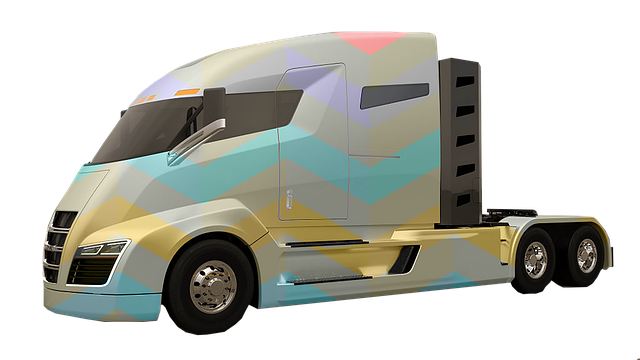Startups can save on tailored fleet insurance through discounts, bundle deals, and loyalty rewards from insurance providers. By prioritizing safety, maintenance, and low-risk drivers, businesses can reduce costs while maintaining quality coverage. Conducting a detailed analysis of operational needs and staying informed about market trends helps maximize savings. Companies like Uber and Lyft have successfully used startup incentives to offer lower rates for high-risk drivers, disrupting traditional insurance models.
In today’s competitive business landscape, startups are offered a range of discounts and incentives to encourage growth. Leverage these benefits for cost-effective policies, especially tailored fleet insurance, can be a game-changer. This article explores how startups can navigate eligibility criteria and maximize savings through strategic initiatives. Discover successful case studies demonstrating the impact of startup discounts on overall operational costs, showcasing effective ways to implement tailored fleet insurance without breaking the bank.
Understanding Startup Discounts and Incentives

Startup discounts and incentives are a fantastic way for new businesses to save money on essential services, including tailored fleet insurance. These offers often come in the form of reduced rates, special packages, or promotional periods, designed to attract and support young enterprises. By taking advantage of these deals, startups can significantly lower their operational costs without compromising on quality.
For example, many insurance providers offer customized plans for fleets, catering specifically to the unique needs of businesses with a small or growing number of vehicles. These tailored policies often include incentives like introductory discounts, bundle offers with other business services, or loyalty rewards for long-term contracts. Understanding and leveraging these opportunities can help startups manage their expenses effectively, allowing them to invest more in other critical areas of growth.
Eligibility Criteria for Tailored Fleet Insurance

Many startups are eligible for discounted rates on tailored fleet insurance policies, making it an attractive option for cost-conscious businesses. These discounts are often extended based on factors such as the number of vehicles in the fleet, driving history, and safety features implemented. Startups can take advantage of these incentives by thoroughly reviewing their operations and ensuring they meet the eligibility criteria. For instance, companies with a strong focus on safety, regular vehicle maintenance, and low-risk drivers are likely to qualify for significant savings.
By understanding the specific requirements of tailored fleet insurance, startups can position themselves to benefit from customized coverage at reduced costs. This strategic approach not only ensures adequate protection but also demonstrates a commitment to responsible business practices, which can further enhance their reputation in the market.
Strategies to Maximize Cost Savings

To maximize cost savings with startup discounts and incentives, it’s crucial to have a strategic approach. First, identify your specific needs through comprehensive analysis. Not all startups offer the same tailored fleet insurance packages, so understanding your unique operational requirements is key. This could include vehicle types, mileage, driver profiles, and risk factors.
Once you have this clarity, leverage these insights to negotiate better terms. Many startups are eager to foster long-term relationships and will be open to offering customized discounts based on your detailed assessment. Additionally, stay informed about changing incentives in the market. Keep an eye on industry trends, new entrants, and their cost-saving propositions. This proactive approach ensures you consistently access the most competitive rates for tailored fleet insurance.
Case Studies: Successful Implementation of Startup Discounts

Many startups have successfully utilized startup discounts and incentives to implement cost-effective policies, particularly in the realm of tailored fleet insurance. Case studies from tech giants like Uber and Lyft exemplify this strategy. Both companies negotiated special rates with insurance providers by leveraging their large user bases and data-driven approaches to risk assessment. This not only reduced operational costs but also improved access to insurance for high-risk drivers who might have been previously uninsured or underinsured.
For instance, Uber’s partnership with various insurance carriers allowed them to offer lower rates to drivers during off-peak hours, while Lyft’s program provided discounted policies for young and safe drivers. These initiatives not only attracted and retained users but also demonstrated the potential for startups to disrupt traditional insurance models by offering more flexible and affordable options through strategic discounting and tailored coverage plans.
By leveraging startup discounts and incentives, businesses can significantly reduce costs associated with tailored fleet insurance. Understanding the eligibility criteria and implementing strategic savings methods allows for optimal cost management. The case studies presented demonstrate that this approach not only saves money but also fosters sustainable growth. As startups navigate the competitive landscape, utilizing these incentives can be a game-changer, enabling them to allocate resources more efficiently and focus on core business objectives.
